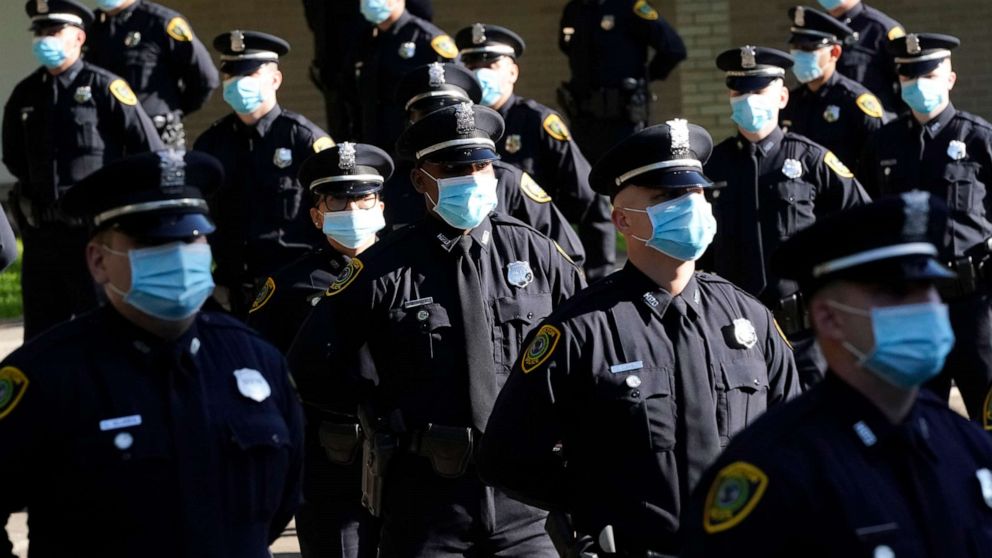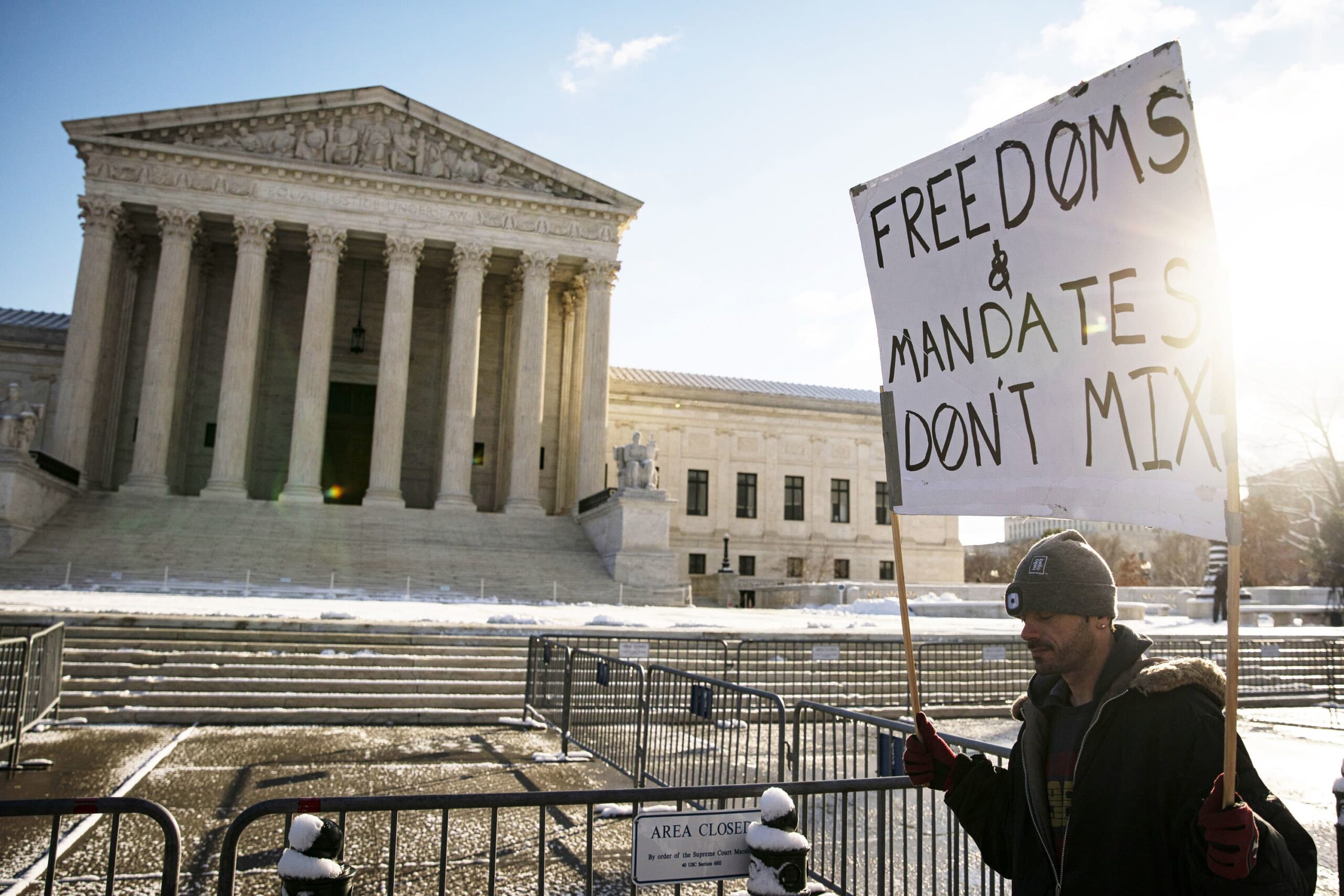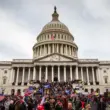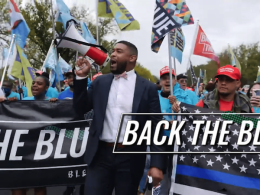In the complex landscape of law enforcement during the COVID-19 pandemic, discussions around constitutional rights, emergency orders, and police actions have fueled heated debates. As emotions run high, it is crucial to dissect the nuances and understand the challenges faced by police officers amid evolving public health mandates.
The Constitutional Tightrope: Balancing Individual Rights and Public Health
Law enforcement officers, sworn to uphold the Constitution, have found themselves navigating uncharted territory during the COVID-19 pandemic. The delicate balance between individual rights and public health measures has led to instances where the enforcement of laws intersecting with emergency orders has become a lightning rod for controversy.
A Closer Look: Police Enforcement and COVID Laws

One of the contentious issues at the heart of the debate is the role of police officers in enforcing COVID-related laws. Contrary to popular perception, a significant number of incidents reveal that officers were executing laws already established in the legal framework. Understanding this distinction is crucial in avoiding the conflation of policing duties with personal opinions or political biases.
Emergency Orders: A Legal Quandary for Law Enforcement
Navigating through emergency orders, law enforcement officers often find themselves caught in a legal quandary. The directive to enforce policies handed down by mayors and governors places them in a position where they must act within the bounds of the law. While individuals may vehemently disagree with the policies, attributing the enforcement solely to the police neglects the broader legal context that empowers local authorities.
Constitutional Rights vs. Business Policies: Unraveling the Enforcement Dilemma
The intersection of constitutional rights and business policies further complicates the enforcement dilemma. Police officers responding to businesses denying service based on vaccination status often face backlash from those who view such actions as an infringement on individual rights. However, it’s essential to recognize that law enforcement is executing directives rather than personally endorsing or objecting to the policies in question.
A Call for Informed Support: Understanding the Complexity
Criticism of law enforcement during the pandemic has, at times, been fueled by misunderstandings and misinformation. It is crucial for supporters of law enforcement, especially on the conservative side, to remain informed about the legal complexities surrounding COVID-related policies. Blindly bashing officers without understanding the legal constraints they operate within only serves to undermine the broader support for law enforcement.
The Need for Legal Guidance: Supreme Court’s Role in Defining Boundaries

With unprecedented circumstances come legal ambiguities. The absence of precedents in dealing with a global pandemic of this scale underscores the need for legal guidance. Advocates argue that issues surrounding COVID-19 policies, discrimination claims, and constitutional interpretation should be brought before the Supreme Court to establish clear guidelines and case law.
Conclusion: Unifying Support for Law Enforcement Amidst Uncertainty
In the face of a divisive narrative, the call to support law enforcement remains resolute. The need for a nuanced understanding of the challenges faced by officers during the pandemic is paramount. Instead of turning against law enforcement, society is urged to stand united, informed, and engaged in shaping a legal framework that respects individual rights while addressing public health imperatives. Only through a collective effort can the complexities of law enforcement during COVID-19 be navigated effectively, ensuring a balanced and informed approach that upholds constitutional principles.
- Government Control: The TikTok Controversy Unveiled - October 11, 2023
- Constitutional Waters: Law Enforcement and COVID-19 Policies - October 9, 2023
- Ethical Complexities: Immigration, Border Patrol, and Personal Sacrifice - October 6, 2023










